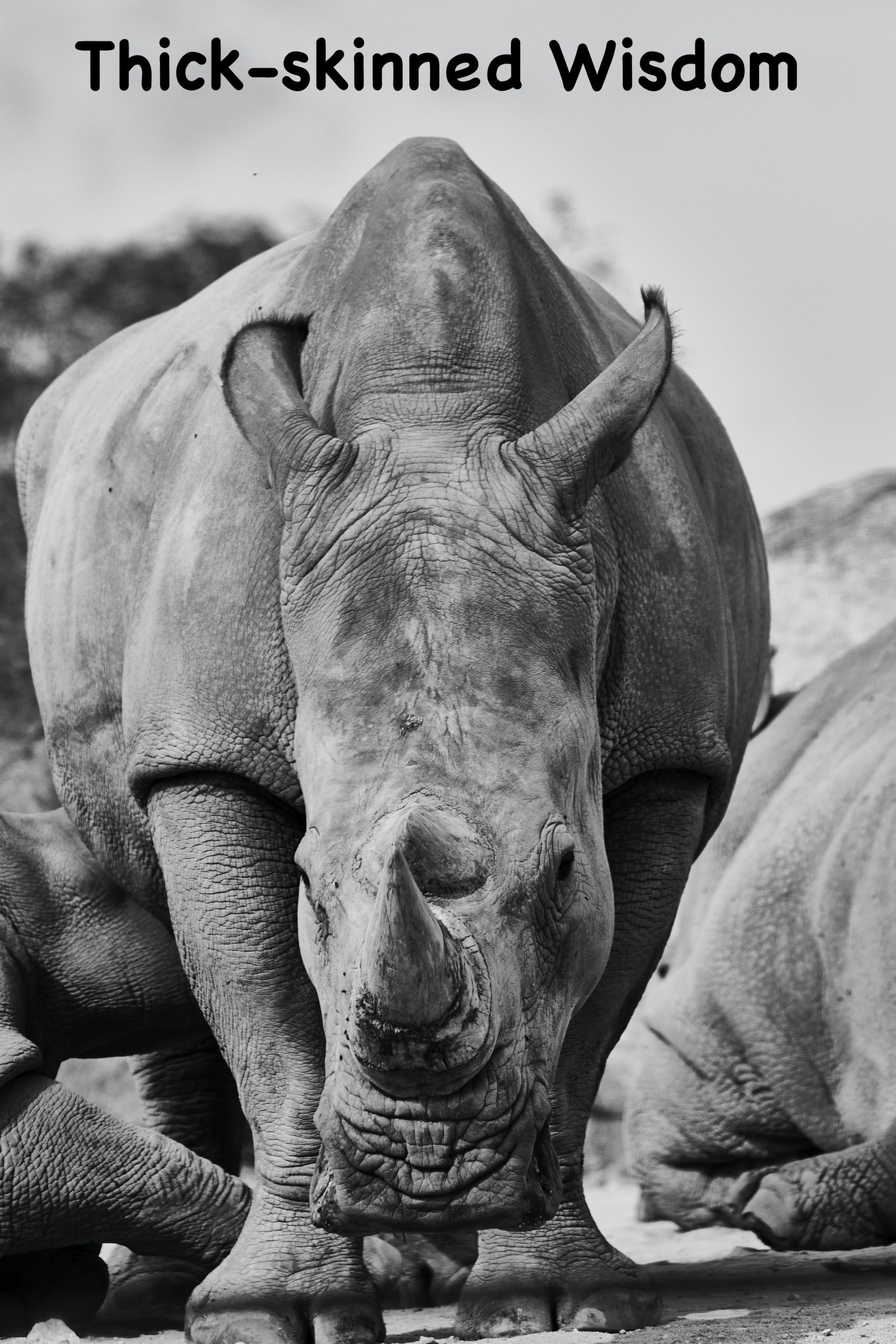A fool’s vexation is known at once, but the shrewd covers shame
Proverbs 12.16
Western culture, particularly Americans, has become emotionally fragile. We are thin-skinned. Overprotection from parents who have coddled their children, shielding them from all physical and emotional discomfort, not allowing them to fail, always defending their actions whether justifiable or not, and safety-netting them created this problem. Is it any wonder that governments have seized upon this to empower themselves, promising complete safety from disease to poverty without any discomfort for their children? While seeking protection of self-esteem and the like, our helicopter parents have made us so fragile, that the least bit of force on our emotional state shatters us.
This safetyism, as Greg Lukianoff and Jonathan Haidt name it in their book The Coddling of the American Mind, has become a moral code. Anything that is mentally stressful–a criticism, joke, disagreement–is morally wrong. These relativists in sexual and economic morality become fundamentalist preachers when it comes to the moral code of their feelings. Combine that moral code with a weak mental constitution and you have people who are triggered and fall to pieces when the supreme judge, feelings, is challenged. There are no appeals in this court. If you violate this morality, it is the death penalty. Your reputation, livelihood, or even your physical existence is forfeit. There is no genuine forgiveness and, therefore, no justification no matter how you may grovel. Words such as “transphobic,” “homophobic,” and “racist” are not mere adjectives. They are judicial sentences that condemn.
This thin-skinned-ness is not an incidental cultural irritation. It is morally culpable foolishness. Solomon describes one of the fool’s actions as allowing his emotions and impulses to control him in the face of being put to shame or insulted; his “vexation is known at once” (Pr 12.16). Vexation is an inner agitation or anger. Others control his actions through insults. He is a slave to what everyone thinks of him. Negative comments to him or about him on social media or other outlets must always be answered. He is irritated, and everyone must know it so that he can engender sympathy for himself and against his opponents to regain his status of “justified.” Nothing rolls off his back because it penetrates his skin too easily. This man is a fool who will destroy anything and everyone around him because his feelings were hurt. He is a slave to his impulses, and his masters–everyone around him–will use his own impulses to manipulate him.
The wise, on the other hand, are thick-skinned. They “cover shame.” They either couldn’t care less about unjustifiable insults or, if they are agitated, they don’t allow it to enslave them to irrational or time-consuming responses to seek to justify themselves. Those insulting them lose their power over them when the insulted ignores, laughs at, or even embraces the insult.
Being thick-skinned is important to wisdom’s mission. One of wisdom’s goals is to create an environment of peace, where relationships are whole, healthy, and joyful. This can never happen in relationships with thin-skinned people. They are always getting offended by real or perceived insults. Everyone has to walk on eggshells around them. Their presence is like a flammable fume that fills the air, creating anxiety in the relationships because the slightest word could be an ignition that blows everything up. Marriages, businesses, friendships, churches, and even society as a whole can’t be healthy with these thin-skinned people. People must be able to handle criticism and disagreement, justified or unjustified, if they are going to build healthy relationships.
So, how do you do it? An entire book can be written on this, but here are a few basics for becoming thick-skinned or tough-minded.
First, develop confidence in who you are and what you are doing. I’m not talking about some prideful self-reliance. Learn and accept what your heavenly Father says about you in Christ. Be confident in how he defines you and your purpose. That is foundational. But then, as Proverbs counsels in other places, develop and become competent in skills. You are always open to critiques from those people who have proven themselves to you, but the insults of others don’t matter.
Second, discipline yourself not to respond to insults. There is no hack to this. It will come down to you keeping your mouth shut or not typing that response, but you can put some things in place to help you. Count to one hundred, sleep on it, breathe deeply, quote Scripture, or do something else that makes you pause before you react. Think about the source of the insult. Is he a jerk whose opinion doesn’t matter? Is he having a bad day? Was he innocently joking? Also, think about the consequences of your response. Will this escalate the situation and get me embroiled in something that will be at least a distraction or, at worst, knock me off course?
Third, stress yourself. To discipline yourself in any area requires that you accept stress as a friend, many times bringing it on yourself in smaller doses so that you can handle the larger stressors later. You need to be brutally honest with yourself. You need friends who will be brutally honest with you and whom you will not fight when they tell you the truth. Put yourself in situations in which you can and will be criticized. Ask for critiques. If you can’t handle criticism, you will never get better, and you will always be able to be manipulated by others.
Thick skin is not a luxury in our mission. It is integral to the way of wisdom.

















… [Trackback]
[…] There you will find 97023 more Infos: kuyperian.com/thick-skinned-wisdom/ […]